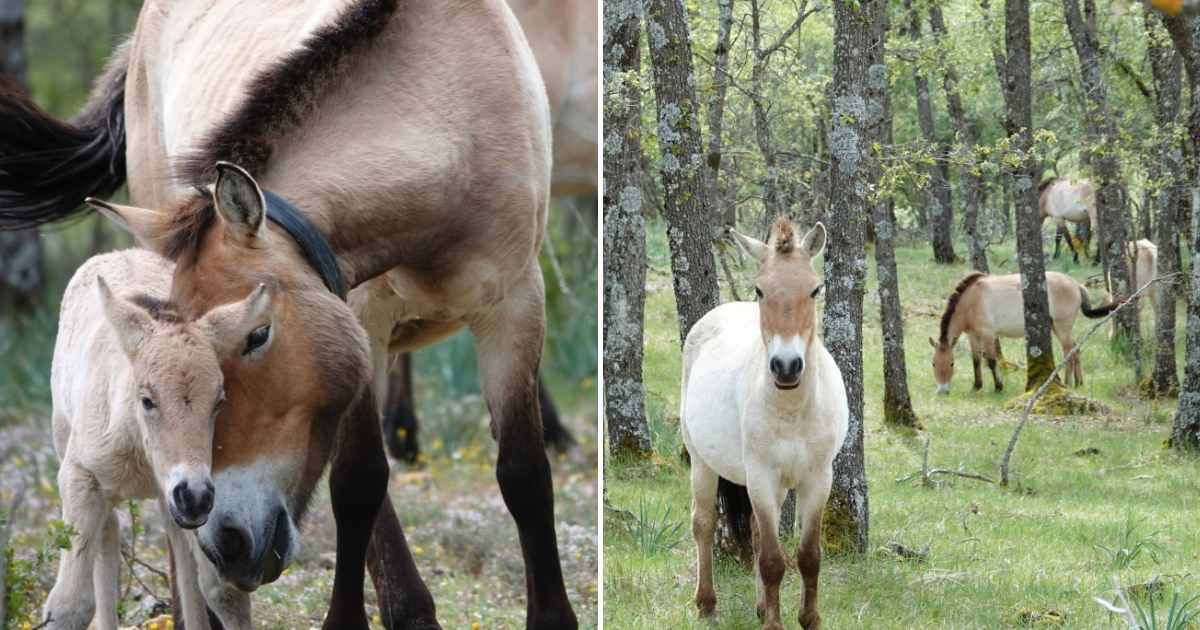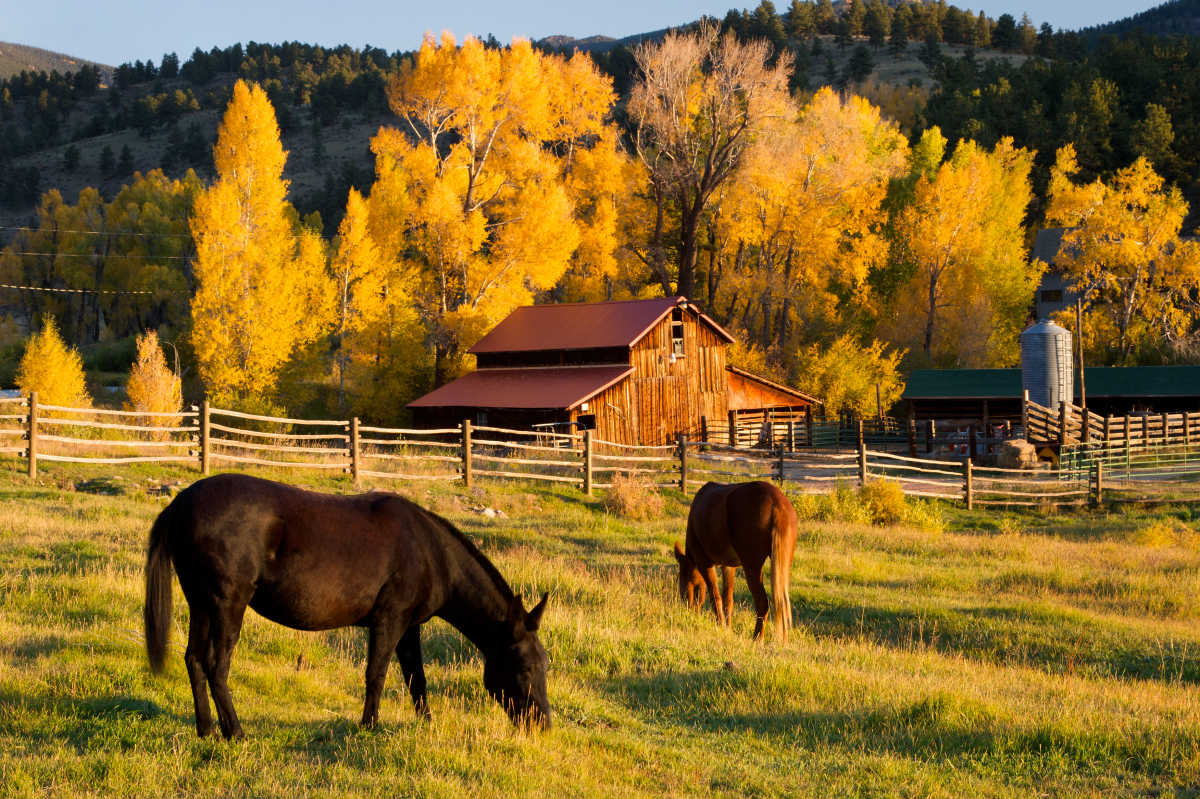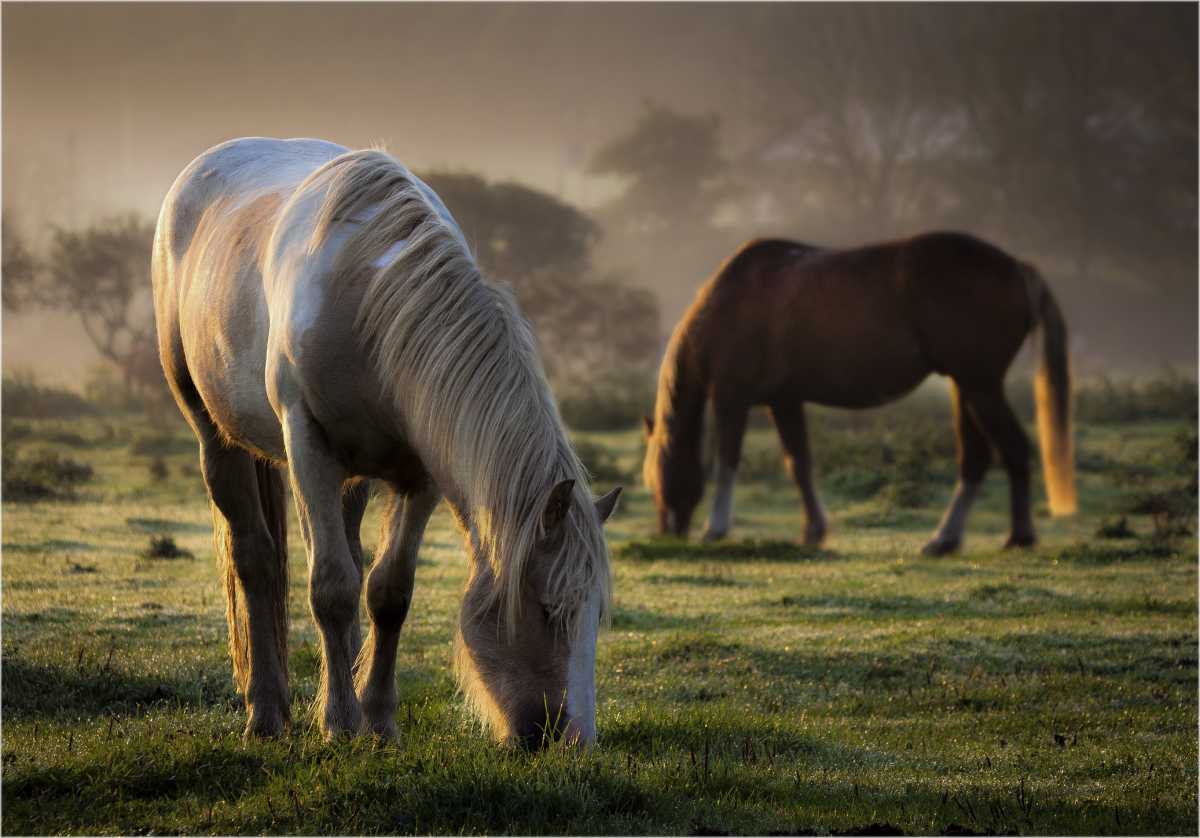Biologists Reintroduce Endangered Wild Horses Into Spain’s Highlands — The Results Amazed Everyone

Today, a young horse freely gallops inside the forested lands of Villanueva de Alcorón, tucked in the Iberian Highlands of Spain. The groves of juniper, black pine, and barberry offer him cover from the cold climate of the hilly region. Unnamed still, the foul is the youngest P-horse born in this landscape after a herd of about 16 horses was translocated to Spain in November 2023, as part of the Rewilding Spain initiative. Ever since these wild horses were reintroduced in Spain, Pablo Villa, the herd manager, has been feeling like reuniting with old family members.

Villa has spent his life looking after horses, but this time he knows that bringing them back is not just to fill an emotional void, but also a crucial step to revive the ecology of Spain. While the horses graze and eat the grass, ripping them from the mountains, they unknowingly enhance the ecosystem, causing the heart of Spain to throb with liveliness again, according to a report by Mongabay News.
As seen in the award-winning documentary Breathing New Life into the Iberian Highlands, biologists combed across Europe to locate these wild horses. Once located, they hauled these horses inside their trucks, sedated them with mild anaesthetics, and brought them back to Spain, journeying all the way from a wildlife park in the heart of the Haut-Thorenc region, passing through Cannes, Perpignan, and Barcelona to ultimately arrive in the Iberian Highlands landscape.
View this post on Instagram
The documentary is part of a series of inspiring short films designed to showcase the work of Rewilding Europe. Fringing with a network of river canyons and carpeted by an excess bounty of vegetation, the region is hugged by mountains that were, until recently, abandoned. Thick vegetation sitting in the understories was slowly ravaging and decaying the ecosystem, triggering frequent wildfires. Ever since the horses were reintroduced, they have eaten up a lot of vegetation, thereby bringing back the region’s ecosystem into a balanced functioning.
View this post on Instagram
Although the horses are returning to Spain, they are not foreigners. Belonging to the Przewalski’s species, these wild horses have lived here for centuries. The evidence of this can be seen in the caves that are rumbling with sculptures and paintings of these horses. Then, when the Romans concentrated the region, they began slaughtering them for food and flesh, as the news outlet describes. According to The Guardian, this P-horse is the world’s last wild horse, endangered since the 1970s. But today, these neighing beasts gallop and graze in their natural home that stretches for more than 850,000 hectares.

“These are very rustic animals and resistant and highly flexible when adapting to different ecosystems. They fulfil three functions: graze and eat, thus reducing the biomass and the risk of fires. Secondly, they are being threatened with extinction, and there’s enough space here for them. And finally, we want locals to be able to economically benefit from their re-naturation,” explained Pablo Schapira, a biologist who works for Rewilding Spain, per DW Euromaxx. Meanwhile, Villa, who got disconnected from horses for a few years, has now regained his bliss. “It means a lot to me,” he says while watching the wild horses roam and graze around him, “It’s a dream come true.”
More on Green Matters
Scientists Reintroduced Beavers in Utah Desert to Save Rivers — and They Did an Incredible Job
Experts Dropped Gophers Onto Lifeless Mount St Helens — 40 Years Later, It Is Brimming With Life
Florida Officials Just Released Snakes Into The Wild To Help Restore Ecosystem Balance